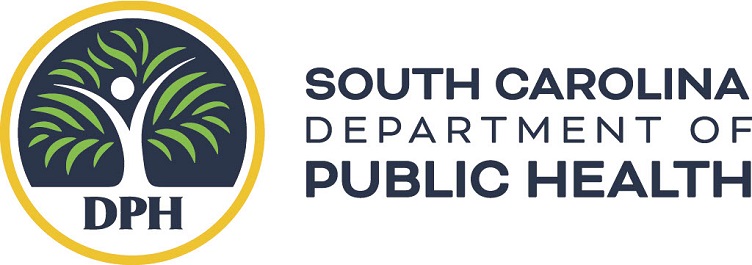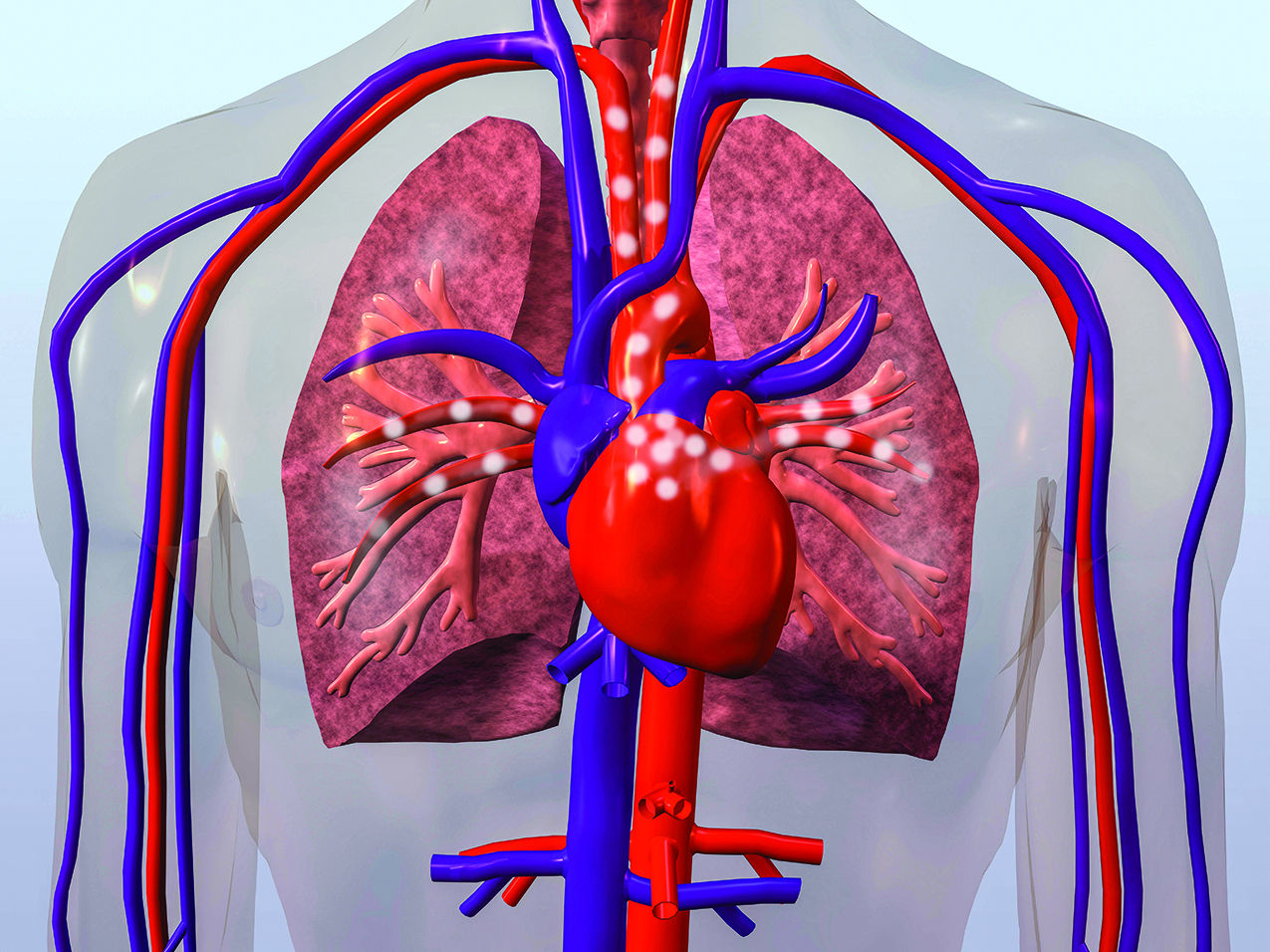COLUMBIA, S.C. – In recognition of Alzheimer’s Awareness Month, the South Carolina Department of Public Health (DPH) is reminding residents about the important health connection between their heart and brain.
Research shows that the risk factors that affect heart health also affect brain health. DPH’s Take Brain Health to Heart campaign was developed to provide information, tools and resources to encourage steps that will benefit South Carolinians’ cardiovascular and cognitive health. Cognitive health, which is a sign of a healthy brain, refers to a person’s ability to learn, think, understand, and remember clearly.
“DPH wants to encourage everyone to learn more about the prevention and risk reduction strategies that will keep both your heart and brain healthy,” said Karilyn Tremblay, DPH Injury Prevention and Aging Programs director. “Living in South Carolina gives us many options to get outside and start an exercise plan, enjoy a healthy diet, and meet up with friends. Reducing your risk for Alzheimer’s Disease starts now.”
The following steps can help support a healthy brain:
-Fuel up right and break a sweat! Participate in physical activity that raises your heart rate and increases your blood flow. Studies have found that physical activity reduces the risk of cognitive decline.
-Follow your heart! Risk factors for heart disease and stroke, such as obesity, high blood pressure and diabetes, can negatively impact your cognitive health. Visit DPH’s website to learn more about ways to minimize risk factors for heart disease and stroke.
-Protect your noggin! Use seat belts or child restraint systems designed for the age of your child. Wear a helmet when playing contact sports or riding a bike or motorcycle.
-Butt out. Quit smoking! Smoking and vaping increase your risk of cognitive decline. Quitting smoking can reduce risk to levels similar to those who have not smoked.
The SC Tobacco Quitline (1-800-QUIT-NOW) provides free, 24/7 quit support to residents of South Carolina, regardless of health insurance coverage. Callers can receive personalized quit plans, access to text and web-based support, and free nicotine replacement therapy such as patches, gum and lozenges (if eligible).
Services are available in multiple languages and extra support is available for people with mental and/or behavioral health conditions and people who are pregnant.
For more everyday actions you can take to improve your brain health, view the Alzheimer’s Associations 10 Healthy Habits for Your Brain webpage at alz.org/10ways.
For additional resources related to brain health, visit DPH’s Take Brain Health to Heart webpage.
DPH Encourages South Carolinians to Take Brain Health to Heart During Alzheimer’s Awareness Month
 DPH Department of Public Health
DPH Department of Public Health





